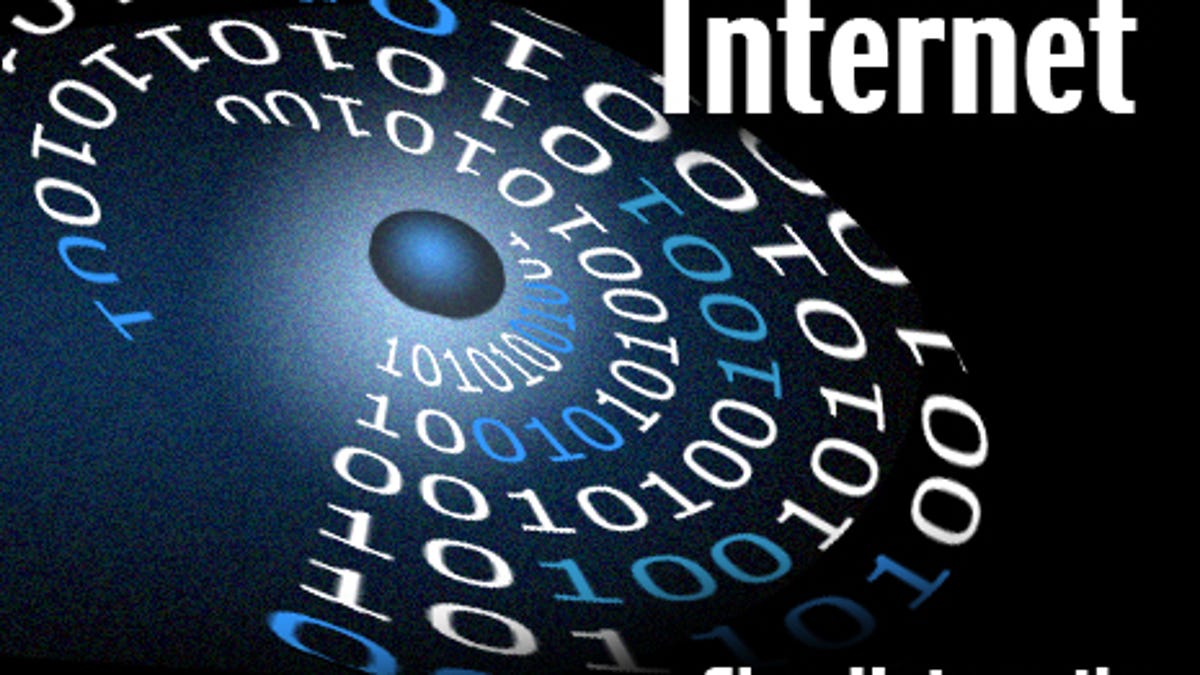Smart home of the future faces hurdles
The "Home of the Future" is on the way. But how long will it take to get here?

You know the home: smart appliances, robotic maids, jet packs. Well, maybe not jet packs; that might get awkward indoors. But the sentiment remains: where are our smart homes?
The question was posed to 1,021 Internet experts, researchers, observers, and critics by Elon University's Imagining the Internet Center and the Pew Research Center's Internet & American Life Project. Specifically, respondents were asked with which of the following two (intentionally opposite) statements they agreed with:
By 2020, the connected household has become a model of efficiency, as people are able to manage consumption of resources (electricity, water, food, even bandwidth) in ways that place less of a burden on the environment while saving households money. Thanks to what is known as "smart systems," the Home of the Future that has often been foretold is coming closer and closer to becoming a reality.
The results were pretty much split down the middle, with 51 percent agreeing with the positive outlook and 46 percent agreeing with the following statement.
By 2020, most initiatives to embed IP-enabled devices in the home have failed due to difficulties in gaining consumer trust and because of the complexities in using new services. As a result, the home of 2020 looks about the same as the home of 2011 in terms of resource consumption and management. Once again, the Home of the Future does not come to resemble the future projected in the recent past.
Respondents were asked to expand on their reasoning by supplying written statements. A few highlights include:
Jeff Eisenach, principal at Navigant Economics and formerly a senior policy expert with the U.S. Federal Trade Commission: "The benefits of toaster management do not and likely never will exceed the costs. Even if the hardware, software, and communications are free, the time is not."
Natascha Karlova, doctorate candidate in information science at the University of Washington: "I don't want my fridge to shut down because Comcast decided to throttle my connection or because I went over my monthly allowance of data."
Simon Gottschalk, a professor in the department of sociology at the University of Nevada, Las Vegas: "The complexity of the Home of the Future is too great for most people to efficiently manage, an inability that makes us increasingly dependent on an army of invisible expert technicians (or worse yet, prerecorded voices that answer our anxious phone calls). As those technicians are predictably unavailable, unresponsive, and increasingly expensive, it is doubtful that people will entrust their only refuge to them and the companies they work for."
Wesley George, principal engineer for the Advanced Technology Group at Time Warner Cable: "Your grandmother has to be able to understand these systems. If she can't, they'll fail."
It was pretty clear that although more than half agreed with the concept of the smart home one day becoming a reality, the written responses show that there is currently much concern over infrastructure. For the most part, the target year of 2020 was viewed as just too soon. Considering the effort that would be needed to be coordinated between utilities, ISPs, and manufacturers, it's hard to disagree.
However, that being said, energy concerns are a major driving force now and going forward. As these smart grids grow up, there will be more and more opportunity for systems to be put in place that can range from the easy to the complicated.
As David Lowe, innovation and technology manager at the National Telecommunications Cooperative Association, said, "Global warming is a reality associated with our over-dependence on these resources. Necessity will demand more efficient utilization of our energy supplies. Smart technologies will become useful end-to-end tools in this quest."
Perhaps it is best to start small. One area where I see a lot of potential for connected devices is with recipes and app integration. Recipes have been around long before the Internet and they have always had an interesting history of being shared (or not). Family recipes are guarded, precious things, but that doesn't stop us from wanting to share them. Devices are coming to market with that exact ability being built in. (The survey even notes the Panasonic Rice Cooker.) There does seem to be an innate need to share (some) recipes, but will this be enough to jump start a new future? Time will tell.
What do you think?